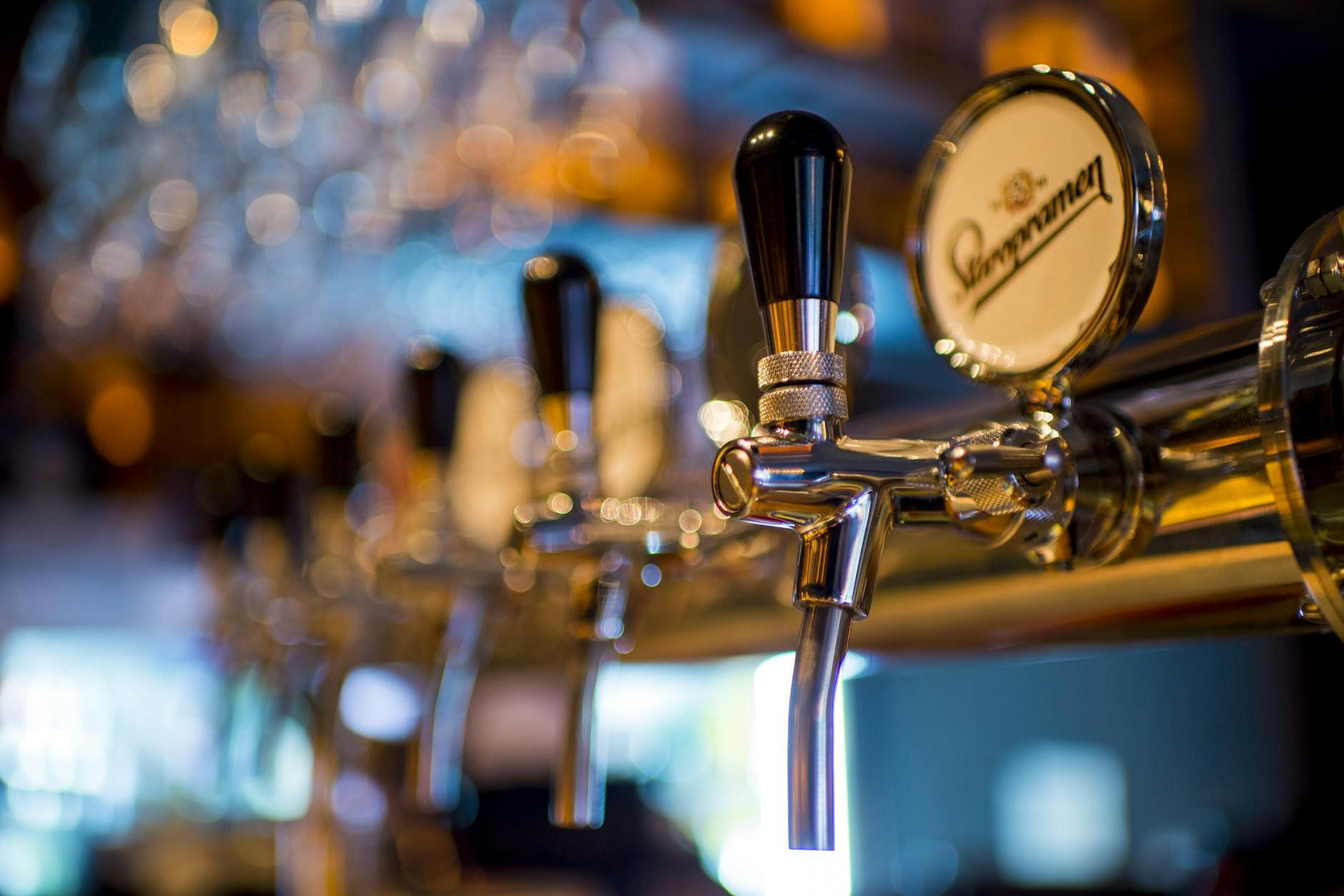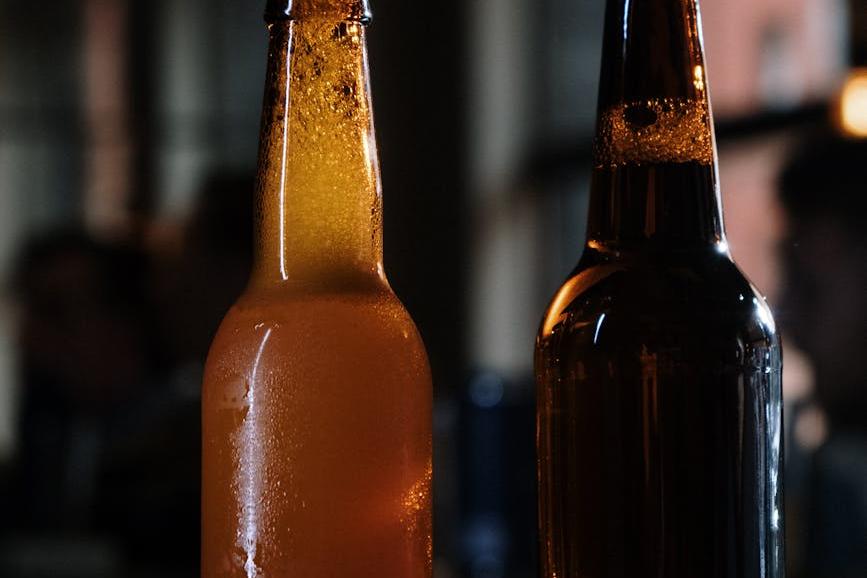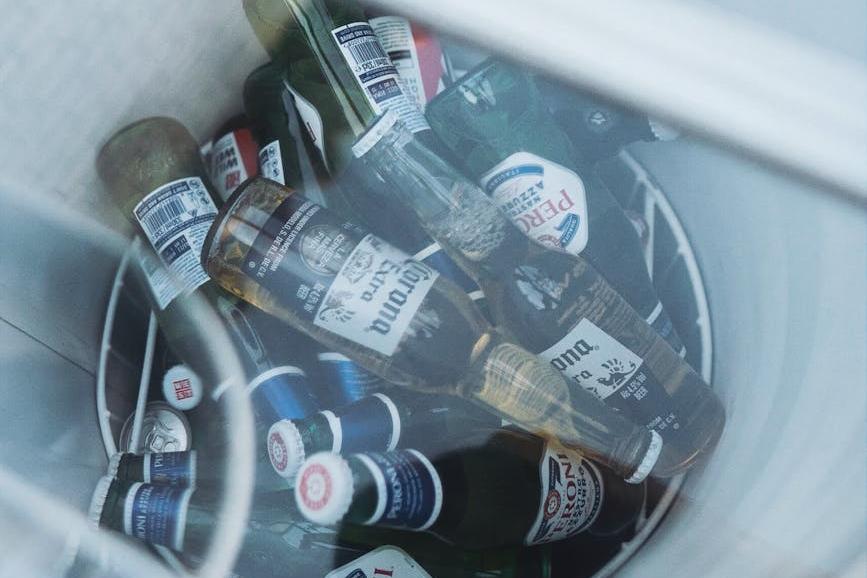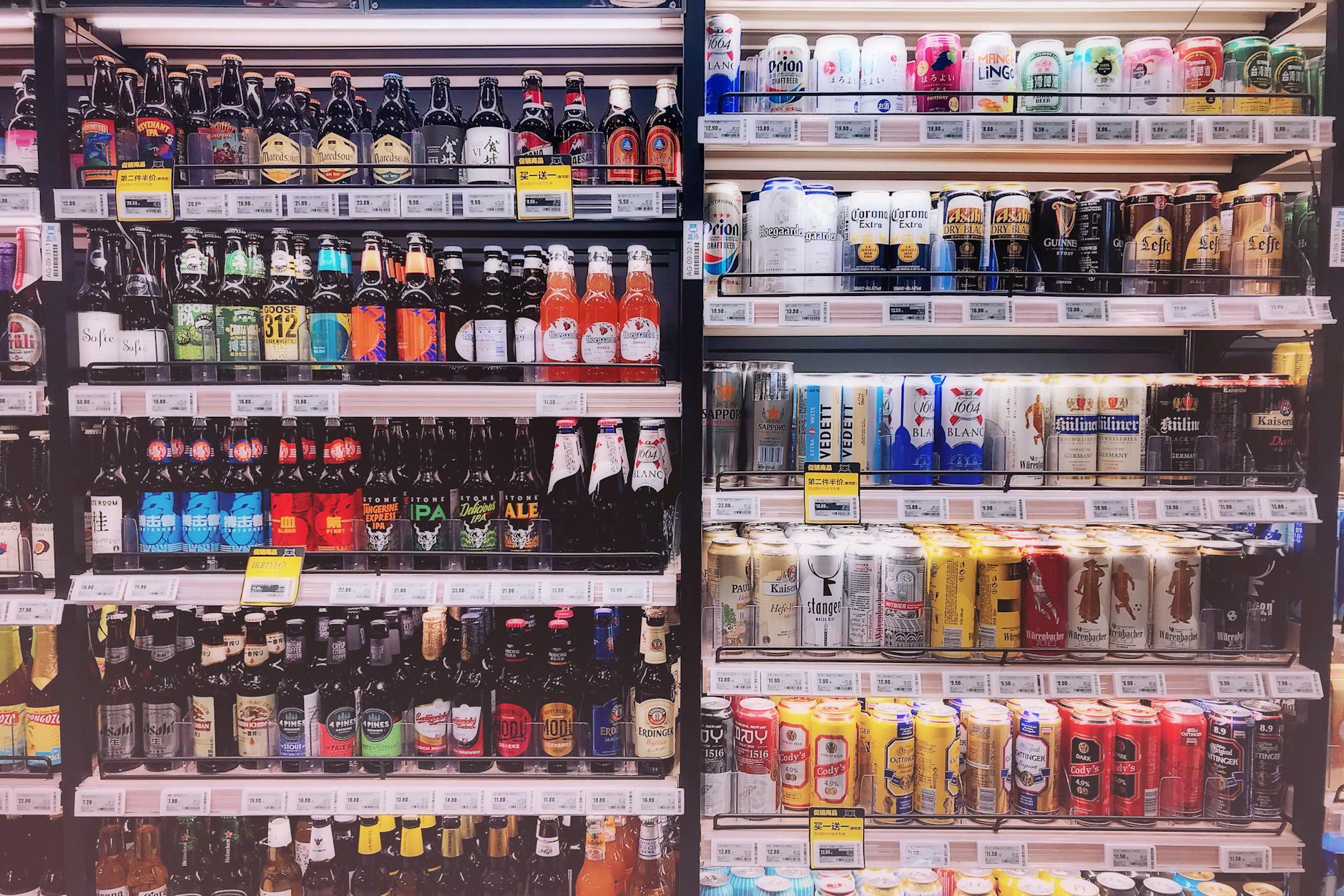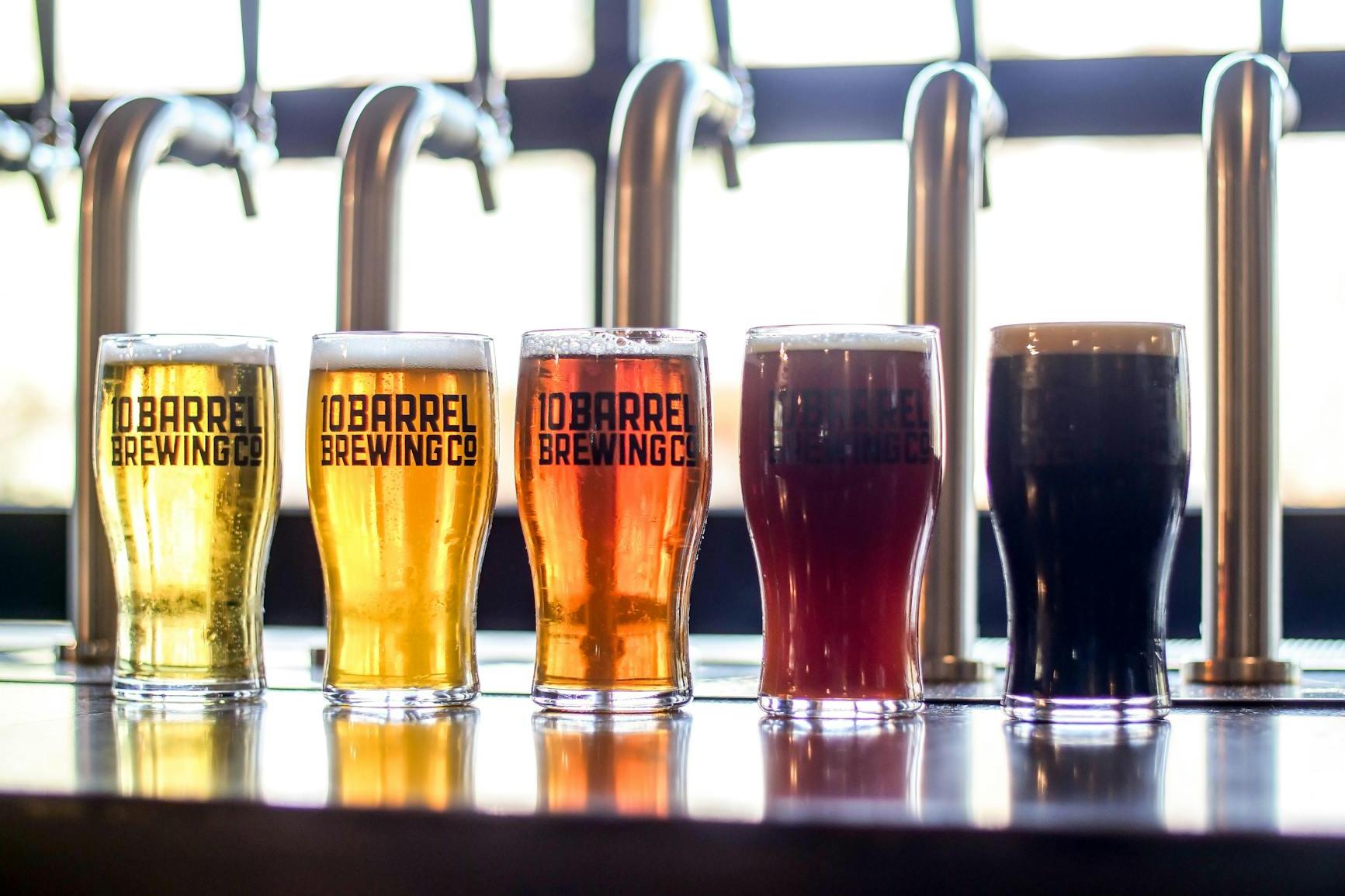- Shanghai Zhongshen International Trade Co., Ltd. - Two decades of trade agency expertise.
- Service Hotline: 139 1787 2118
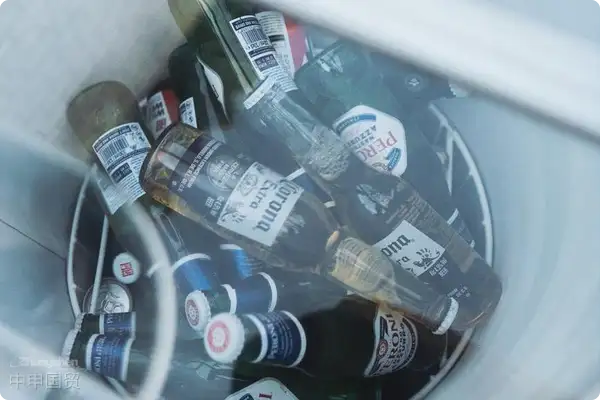
Three beer pitfalls you may have already stepped into
Mr. Zhang, who runs a craft beer bar in Shanghai, is recently troubled: the Belgian Trappist beer he directly purchased through overseas connections was temporarily detained by customs due to non-compliant labels with newly implemented food safety standards; Mr. Li, an importer in Guangzhou, found that the landed cost of self-imported German dark beer was 15% higher than his peers; while Ms. Wang, the procurement manager of a chain restaurant in Chengdu, is in dispute with overseas suppliers over quality issues caused by improper temperature control during transportation of a certain batch of beer...
These real cases reveal an industry truth:As a fast-moving consumer good, beer faces three special challenges in international trade:
- Precision management requirements for temperature-controlled logistics
- Frequent updates of food labeling regulations across countries
- Scale diseconomies caused by fragmented procurement
Five breakthrough solutions from professional agencies
Compared with self-import, professional agency services are like installing a smart navigation system for your cross-border procurement:
| Comparison dimensions | Self-operated import | Agent import |
|---|---|---|
| Single-container logistics cost | Approx. $3800 | Approx. $3200 (advantages of bulk procurement) |
| Clearance time efficiency | 7-15 working days | 3-5 working days (pre-review channel) |
| Record - filing of Foreign Trade Operators | Self-assumed | Risk transfer + professional prevention |
The deeper value is reflected in:
- Dynamic Compliance Monitoring System: Our regulatory database updates 150+ regulatory requirements from 23 major beer-producing regions monthly
- Flexible supply chain configuration: Provides six temperature control solutions ranging from -2°C to 25°C for different types of beer storage requirements
- Fragmented order consolidation: Helps small and medium buyers obtain full-container freight rates through LCL services
Lessons from a real case
When a new craft beer brand expanded into the Japanese market, it paid 12% more tariff for its first batch of goods due to unfamiliarity with the sake tax classification system. After switching to agency import mode:
- Utilized the classification pre-ruling mechanism to lock in a 5% preferential tax rate
- Saved 40% on storage costs through bonded warehousing and batch shipments
- Consolidated orders from three suppliers to reduceMaritime Transportationcosts by 28%
Three golden standards for selecting an agency
Not all agencies can create value. Quality service providers must have:
- Vertical field expertise: Handled at least 300 batches of beer product clearances
- Emergency Response Capability: 72-hour exception handling SOP
- Cost transparency mechanismProvide a traceable rate breakdown list
Next time you raise a glass of imported beer, consider the global journey this amber liquid has undertaken. The value of professional agency lies in transforming every step of this journey into your profit source rather than risk exposure.
Related Recommendations
Contact Form
Category case
Get in Touch
Email: service@sh-zhongshen.com
Related Recommendations
Contact via WeChat

? 2025. All Rights Reserved. Shanghai ICP No. 2023007705-2  PSB Record: Shanghai No.31011502009912
PSB Record: Shanghai No.31011502009912
